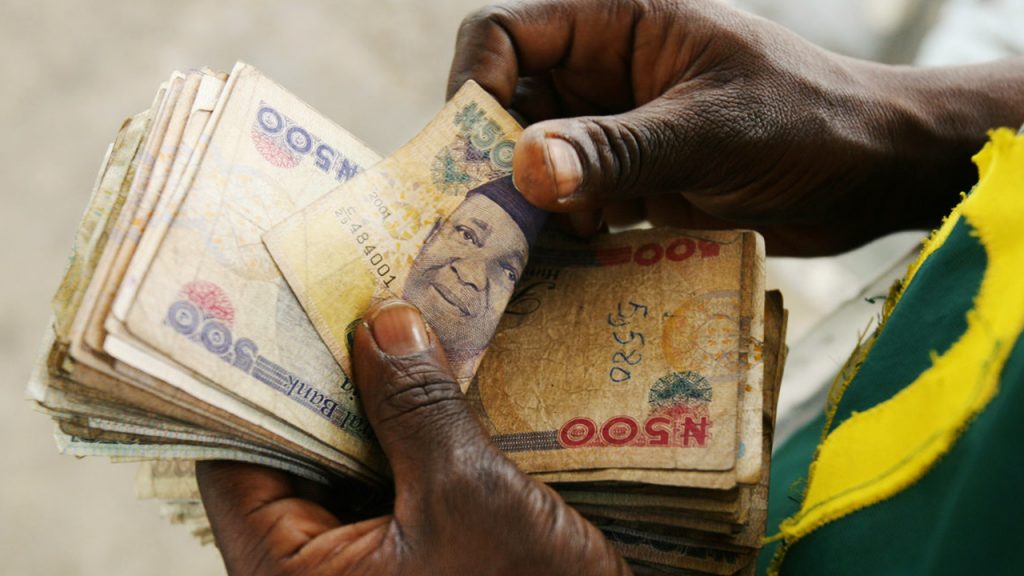There are indications that Federal Government may amend its N8.9 billion 2019 budget, following the recent oil output cut by about 400,000 barrels per day, bpd in conformity with the Organisation of Petroleum Exporting Countries, OPEC, policy.
The nation’s budget was based on $60 per barrel and 2.3 million bpd price and output respectively.
Investigation by Vanguard showed that Nigeria which produced 2.2 million bpd in December 2018 had to cut its output to 1.9 million bpd, including condensate in January, 2019, because of OPEC instruction.
It showed that, since then, the nation has consistently produced about 1.9 million, indicating 400,000 bpd below the 2019 budget projection.
It was gathered that the budget President Muhammadu Buhari sent to the National Assembly last year is undergoing second reading.
A source at the Senate, said in a telephone interview with Vanguard that at the end of the reading, the budget would be sent to the Joint Committee, involving the Senate and the House of Representatives for further deliberation.
He said at that stage, different ministries and agencies would be invited to appear and defend their budgets, after which various adjustments, including oil price and output benchmarks would be made in the budget.
OPEC
It will be recalled that OPEC Secretary General, Dr. Muhammad Barkindo, had on the need to cut oil outputs to stabilise price, said “The goal of the voluntary production adjustments in the ‘Declaration of Cooperation’ was to stimulate and accelerate the drawdown of the huge stock overhang, expedite the re-balancing of the market, restore a sustainable stability to the industry and enable investments to return. It was a decision taken in the interests of both producers and consumers and to help restore confidence to the market.
“I recall that I was greeted with some scepticism, not only here in the United States, but elsewhere about the idea of bringing on board non-OPEC nations to take part in the market re-balancing process and on delivering on the stated objectives.
“It took us around 18 months to return OPEC and non OPEC, Organisation for Economic Co-operation and Development, OECD, countries inventory levels to the five-year average, our stated metric. Moreover, when we saw conformity levels to the voluntary production adjustments overshoot in the middle of 2018, we were agile and flexible enough to modify course and stay ahead of the curve.
“When the market has appeared skewed to oversupply, we reacted accordingly, and equally, when concerns were expressed regarding demand outpacing supply, the partners in the ‘Declaration’ took the appropriate action. The ‘Declaration’ has had a transformational impact on the global oil industry,” he added.

